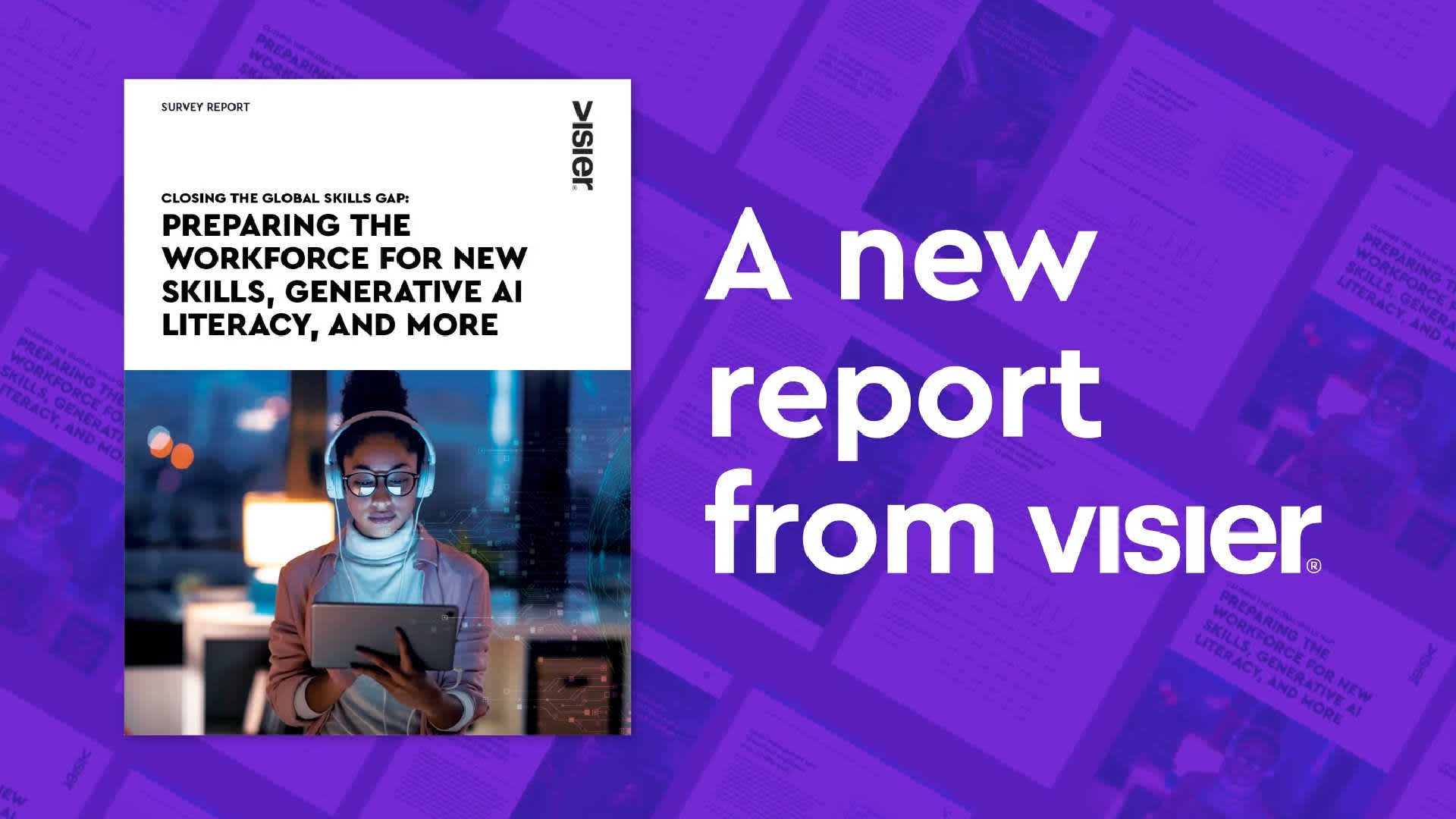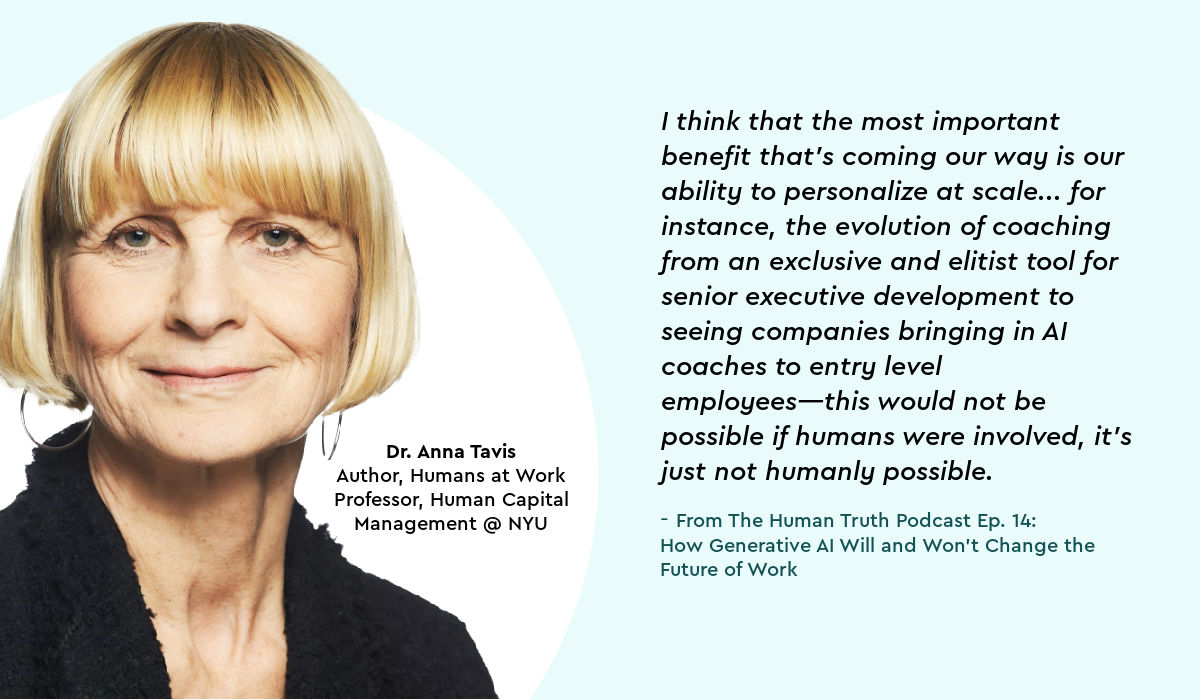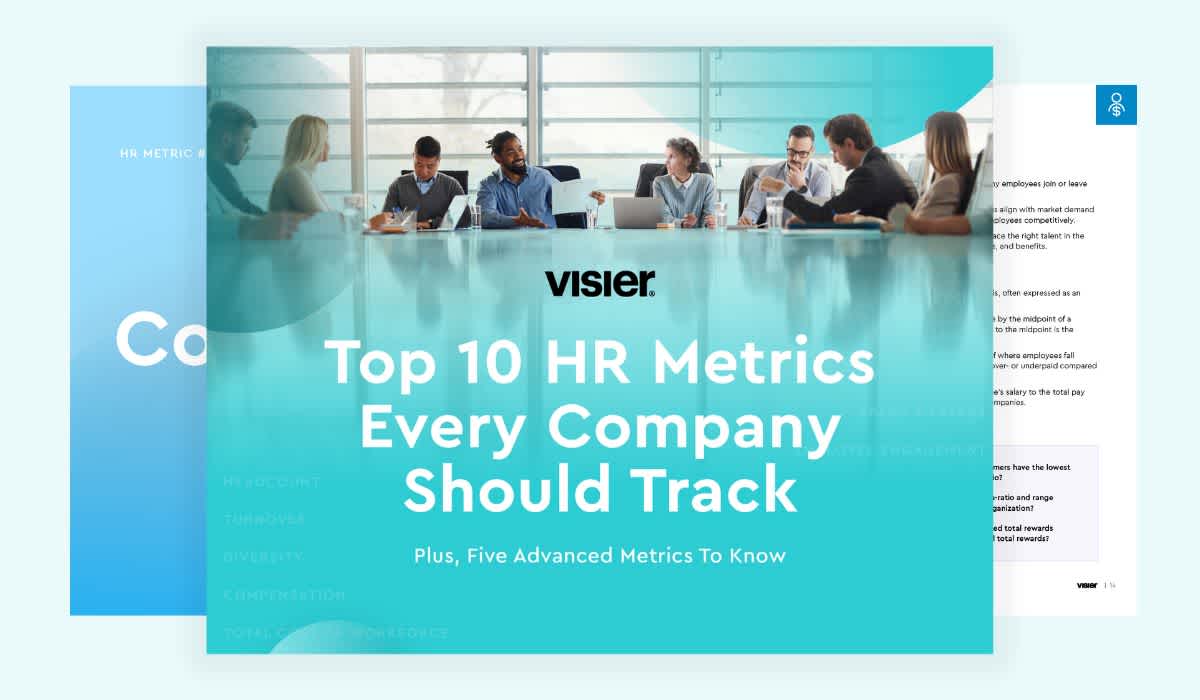HR Experts Address Concerns Over AI Making Talent, Layoff Decisions
With 98% of HR leaders citing plans to use software and algorithms to reduce labor costs in 2023, employees worry about using AI to make decisions about layoffs and other important talent-related calls. But, experts say the truth is more complex and even hopeful.

Recent research from the Pew Research Center indicates that 71% of Americans oppose the use of artificial intelligence (AI) in hiring decisions—although 47% agree that AI would likely do a better job than humans in evaluating job applicants equitably. Interestingly, a survey of 300 HR leaders learned that 98% planned to use algorithms and software to make labor-cost reduction decisions in 2023, yet just 47% are comfortable with making layoff decisions recommended by their technology.
These surveys suggest that American workers and HR leaders may not be that far apart in their feelings about AI, and they also reveal an opportunity to investigate perceptions around rapidly emerging technology that offers both potential—and potential peril—for organizations and employees.
While HR will be able to leverage AI technology to achieve important benefits related to the HR function’s efficiency and effectiveness, this can’t be done without the understanding and support of employees. Many employees, though, continue to have concerns about the impacts that AI may have on their jobs—some fearing it may entirely replace their jobs.
However, that feeling is different at the top: Many business leaders don’t feel that AI is a threat, but an opportunity.

AI is not a replacement for uniquely human competencies
Domenic Colasante, CEO of 2X, a B2B marketing agency says:
“AI isn’t about reducing or taking away the amount of work that humans do. It’s about increasing the value that humans can provide.”
Jonathan H. Westover, PhD, agrees. Westover is the chair of the Organizational Leadership Department at Utah Valley University. He says, “It is important to recognize that AI is a tool, not a replacement for human expertise.” While AI can automate certain tasks and increase efficiency, he says, it’s not a replacement for critical thinking, creativity, and emotional intelligence. These are competencies that humans are uniquely capable of bringing to bear in organizations of all types.
Still, despite exhortations to the contrary, concerns about AI and its impact are relevant and must be addressed.
AI in HR
Using AI in HR is already having a dramatic impact on the function and shows no signs of slowing down.
Kevin Herring is the founder and president of Ascent Management Consulting, LTD. “AI is an incredible tool that can assist HR in not only offloading non-value-adding work, but it can also be a tremendous asset for building the decision capacity of leaders thereby freeing up HR to tackle more value-related needs,” Herring says. If HR pros can minimize the time spent on administrative types of tasks, they can have more opportunities to make a meaningful impact.
To do that, Herrings says, HR professionals need to build internal consulting skills, something he’s worked with many HR leaders to do. “Those that make the shift and apply the skills find ways to offload regulatory and administrative tasks to third parties and effectively leverage their expertise to help operations. They are soon in high demand by operations,” he says.
AI also holds the potential to provide opportunities more broadly than in the past, says Dr. Anna Tavis, author of Humans at Work and head of the Human Capital Management department at NYU. Because these tools can scale, she says, they offer the ability to “democratize a lot of the benefits of working for organizations that were primarily felt at the top of the pyramid.”
Coaching is one example that Tavis points to. We’re now seeing an “evolution of coaching from being an exclusive, very kind of a satiric and elitist tool for the senior executive development” now expanding to every level of the organization, including to entry-level employees. That, she notes, “would not be possible if humans were involved, it’s just not humanly possible.”

Listen to this episode of The Human Truth Podcast on Visier.com
Tavis agrees with others that AI is not likely to replace jobs. Instead, it will replace skills. All in all, AI in HR is poised to provide more benefits to employees than risks.
AI, Herrings says, is “only a risk to HR staff determined to hold fast to non-value-adding work. AI may also be the catalyst needed to propel the overall HR profession out of administration roles and into the business of the business.”
That is a shift, though, that may still feel challenging—even frightening—to some employees. And that means continuing to adhere to clear, empathetic communication.
Clear communication about AI at work is key
Open, honest, and ongoing communication is important. Communication around the impact of AI on HR—and the organization at large—can be guided by best practices common to any type of change management. With both internal and external audiences it’s important to understand and proactively address concerns that may exist.
Pew’s research, for instance, suggests that there may be an opportunity to better communicate with applicants about how AI is being used in the talent acquisition process. Employees also have concerns about how AI is impacting their jobs now—and what plans may be in store for the future.
10 best practices for clear communication about AI at work
Be proactive. Don’t wait for employees to bring up concerns. Start conversations now, acknowledging the concerns that many employees have and that uncertainty can be stressful.
Address job impacts directly to the extent that you can. It’s likely that your organization is already using AI to some degree—chatbots, for example. Use existing applications as examples and point to other areas that are considering how AI technology could be applicable.
Stress the role of AI in automating repetitive and mundane tasks, pointing to benefits employees may gain from freeing up their time to focus on higher-value activities.
Commit to being transparent as new technologies are adopted, letting employees know in advance if and how their jobs will be impacted.
Offer opportunities for upskilling and reskilling to help employees prepare for other job opportunities or roles they may be interested in.
Monitor and address concerns. Check in regularly with employees to hear their questions, concerns, and ideas related to the application of AI. Address concerns promptly and transparently.
Admit you don't know everything. Don’t be afraid to say: “We don’t know. But when we do, we will let you know.” There is much that is unknown about how AI will impact jobs now and in the future. That’s okay. It’s important, though, to assure employees that you will be forthcoming with them about any impending changes that will impact their work or their jobs.
Explore the bright side. Solicit employees’ ideas for ways they feel AI and other technology could help them in their jobs. Get them involved in teams, committees, or task forces that are exploring these applications.
Share positive examples of how AI is being used in the organization to gain efficiencies regularly.
Commit to learning more together. This could mean trying out a new AI tool in your workflow together or dedicating a team meeting to discussing the pros and cons.
“AI will always be a tool that humans manage,” says Steven Mostyn, CHRO of Management.org. “Hence, it will never totally replace humans, most especially those working in HR.” HR is already reaping rewards from this technology. For instance, historically, he says, it may have taken two to three people to assess applicants' resumes and find a pool of people to interview. “Now, with the right AI tools and prompts, we can input these applicants’ information and allow the AI to filter these resumes to look for specific skills and experiences.”
That can save time and add value. These are the kinds of use cases and examples that can help employees—in HR and throughout the company—understand the benefits, while minimizing the concerns about AI and its many emerging business applications.



